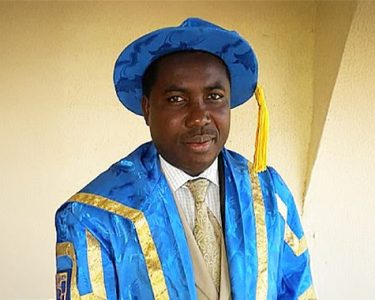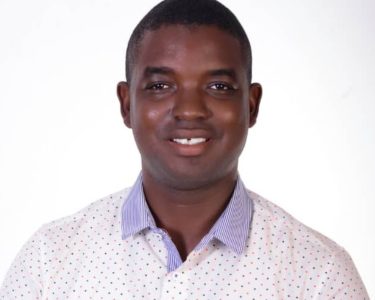“If I didn’t give you adequate electricity, and I come for second term, don’t vote for me.” These were the words attributed to President Bola Ahmed Tinubu a rare, bold promise in the landscape of Nigerian politics, where accountability is often more slogan than substance.
For decades, Nigeria’s power sector has symbolized the country’s paradox: abundant in potential, deficient in delivery. Despite billions of dollars spent on reforms, Nigerians continue to grapple with erratic electricity, crippling businesses and daily life. In such a context, Tinubu’s statement wasn’t just rhetorical it was revolutionary, at least in tone.
But promises are easy. Delivering electricity to over 200 million citizens is not. As his administration navigates its second year, Nigerians must now ask: is this promise being kept?
A Sector in Crisis
Electricity generation in Nigeria has hovered around 4,000 megawatts for years woefully inadequate for a population the size of Lagos, let alone the entire nation. The Transmission Company of Nigeria (TCN) suffers from aging infrastructure, while distribution companies (DisCos) blame low revenue and theft. It’s a vicious cycle, and reforms have come in piecemeal fashion, often without measurable impact.
Yet, Tinubu’s pledge demands tangible results. If he truly staked his political future on power supply, then the electorate must become vigilant auditors of progress not just passive observers.
What Has Changed So Far?
The administration has taken some commendable steps: power sector deregulation, attracting private capital, and removing subsidies to allow market forces a freer hand. But implementation remains sluggish. Blackouts are still the norm. Solar projects in rural areas, power agreements with international firms, and new grid investments are promising but progress is scattered, and time is ticking.
With less than two years to the next election cycle, the real question is: are Nigerians feeling the difference in their homes, schools, and businesses?
Democracy Demands Accountability
President Tinubu’s statement must not be forgotten or dismissed as political theater. If electricity remains unreliable by the end of his term, Nigerians should hold him to his word. That is the essence of democracy accountability not only at the ballot box, but in everyday governance.
We cannot normalize broken promises. Not when small and medium enterprises are shutting down due to generator costs. Not when students read by candlelight. Not when hospitals operate without power. This isn’t about scoring political points it’s about basic dignity and development.
Conclusion
President Tinubu took a risk when he tied his re-election to electricity delivery. Now it is up to Nigerians to measure, to remember, and to respond accordingly. If electricity hasn’t improved meaningfully by 2027, the people must answer his challenge and vote based on results, not rhetoric.
Let this be the era where promises are no longer swept away by amnesia, but carved into the memory of the nation.




